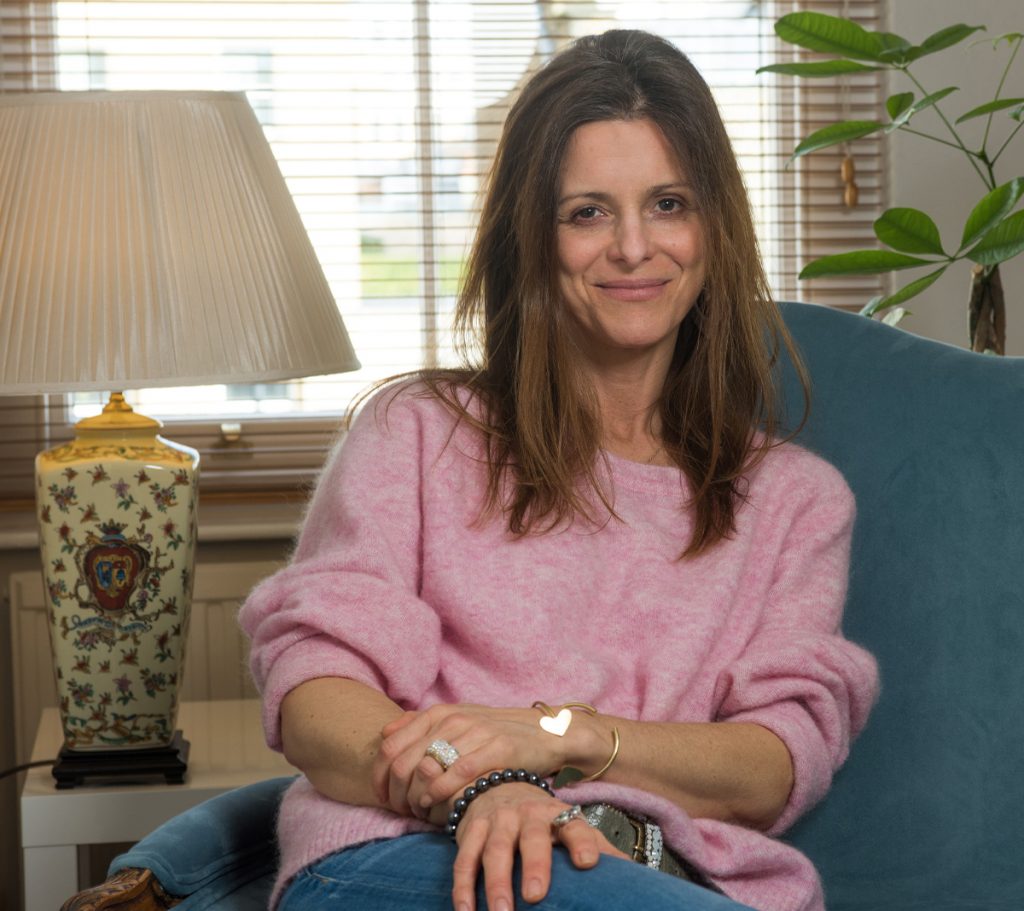For a while now I have been writing about how mental illness is not about what is wrong with that person, it is much more about “what happened to that person”.
Every “maladaptive behaviour” – essentially any state we are in when we are classified as “mentally ill”, is almost always a web of self-protective measures that we have unconsciously put in place because something happened – or didn’t happen that should have, to us. They are a result of our felt experiences. This is often when we were growing up in our first 7 years of life when our neural pathways are connecting for the first time, but can also be because of a big life event that we haven’t processed.
When a situation is too much, or too soon, for us to handle, we unconsciously develop a protective layer, or layers, or protective mechanisms, in order to survive.

Anxiety: a state that keeps us in a state of “flight” to keep us away from the same experience that caused our anxiety from the start.
OCD: ditto above – OCD thoughts are protecting us from feeling that underbelly of overwhelm that feels too much to handle on our own.
Dependencies: methods of soothing those parts of us that we have dissociated from, so we don’t feel the emotional pain, in order that we can survive.
Eating disorders or disordered eating: again, a self-protective measure that keeps us protected from feeling the hideous feelings underneath, that will likely (and hopefully) emerge as we try to eat nourishing food for our bodies.
Depression: a deep protective layer that keeps us from facing life because it feels safer to feel depressed than to turn up to life which feels scary and shameful.
Narcissism: a deep feeling around shame in our core that we cover up at all costs with lies, manipulations and dismissals as soon as we get a sense people might see our shame and unworthiness.

Some of these self-protective measures can massively hinder our lives and those of the people around us. But we are not “ill”, we are just governed and overtaken by our attempts to stay safe and protected from the world.
And then there is people-pleasing (covering up shame around not being enough), being a doormat (ditto people pleasing above, fear of confrontation (a protector part at work to keep us feeling safe), smoking (it is not safe to be vulnerable).
Perfectionism: an inability to love ourselves for exactly who we are and to be vulnerable and make mistakes because then our imperfection will be “found out” and we will feel shame.

All of these measures work for us for a while – that is why we choose them, albeit unconsciously!
But we can heal them. We can release them. We can lessen their power over them. We don’t need them to be running our lives.
Author: Lucinda Gordon Lennox
Trauma Specialist MSc (Reg MBACP, FDAP Accred)





